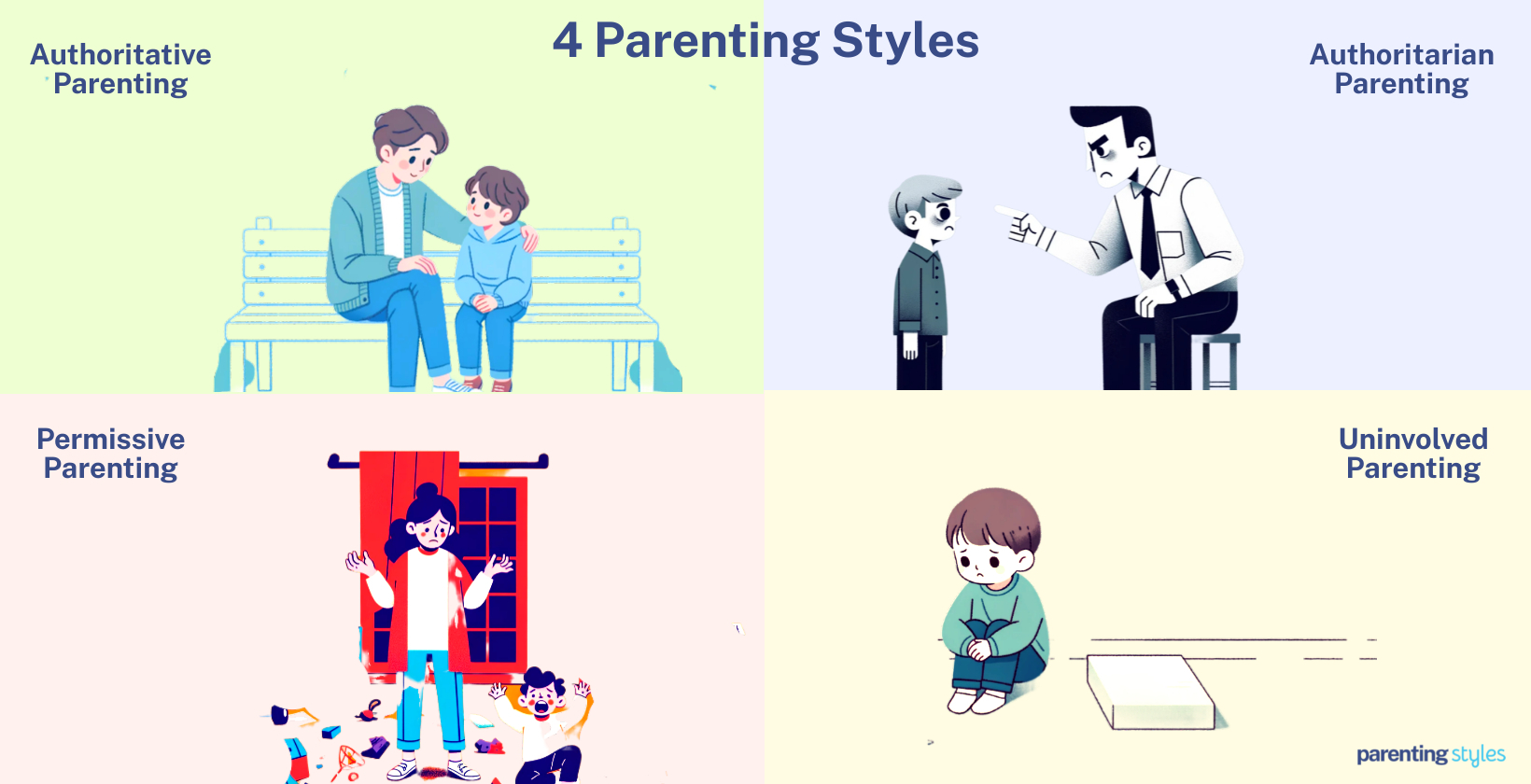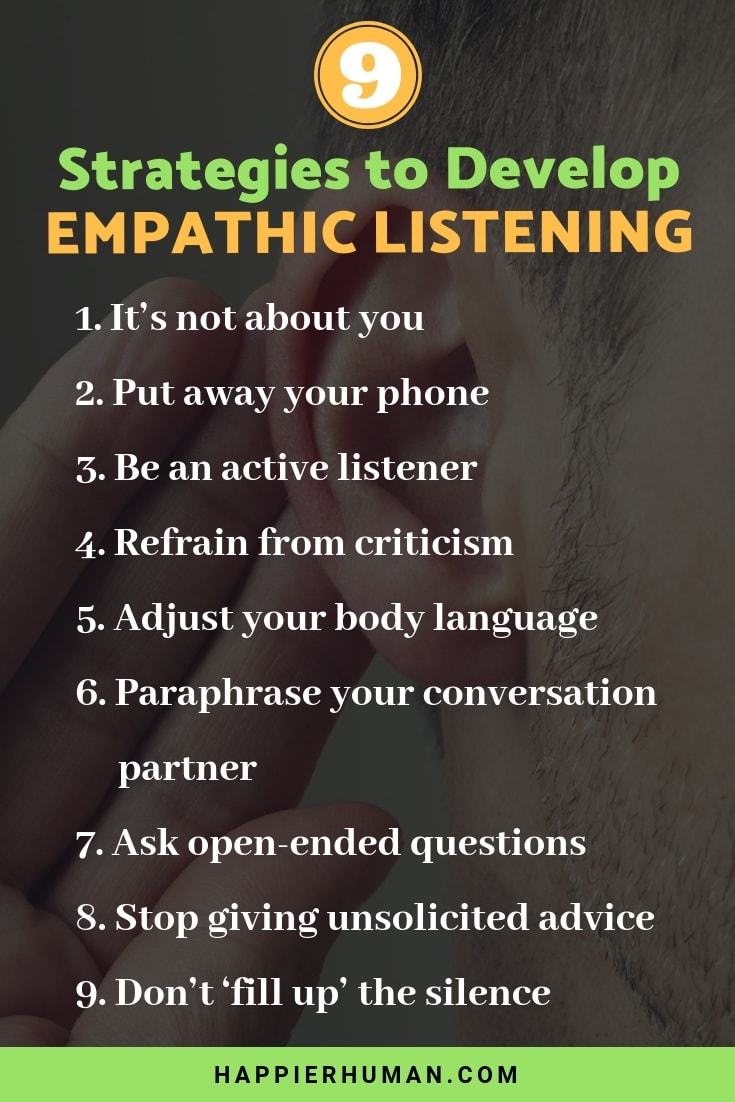11 Tips on Building Self-Esteem in Children
By orchidadmin |
Date 05-09-2023

Table of Contents
Admissions Open for
Introduction
Does your kid have self-esteem issues? You’re not alone. Millions of parents are trying to figure out how to build self-esteem in children. Tips for how to build self-esteem seems pretty straight forward right? Well, it’s easier said than done sometimes. Mental health is very important!
Building self-esteem in children is a delicate process that requires patience and consistency. It also requires parents to be mindful of the messages they are sending their children, both verbally and nonverbally. Children’s development is complex and constantly needs parents to absorb updated information. They watch your actions and then they attempt to make sense of it all. As a result, learning how to build self-esteem in children develops from a combination of factors that create self-perception (how you see yourself), self-worth (your perception of how others value you), and self-respect. If you want to build your child’s self-esteem, here are eleven tips for raising confident kids.
11 Effective Parenting Tips to Build Self-Esteem in Kids
Learning how to build Self-esteem is not something that can be given to a child, but is an essential part of the child’s care and your parenting. It’s built from the inside out, and parents play a huge role in how their children feel about themselves. We hope this list of 11 ways you can help with how to build self-esteem.
Respect Your Child for Who They Are
Never talk down to a child or try to prove you are smarter or more experienced than he or she is. Avoid competitive conversations in which you compete for the last word and, instead, seek authentic dialogue where you both can learn something from each other. Ask questions about specific behaviors that you see in your children and allow them to express their opinions, ideas, and feelings.
Stand Behind Your Child
If you want your child to have self-esteem, be sure you are supporting him or her at all times. This means that when your teen is struggling with self-esteem or self-respect, it’s never okay for you to verbally put them down because they are not living up to your expectations. Never tell your children that they should be grateful for whatever you are giving them or imply that they are “lucky” to have a family at all. Be sure you’re always applauding their efforts and self-motivation, even if it is different than what you wanted.
Validate Their Emotions
You teach self-esteem in children by validating their emotions, especially when they are having issues with self-worth. Don’t ever try to shame or bully a child for having self-esteem problems. Instead, listen and help them learn ways to work through those feelings independently.

Encourage Self-Motivation
Children’s self-esteem suffers every time they feel like a burden to someone. Teach self-motivation and self-reliance in kids by showing them examples of independent people (real or fictional) that you admire. This will boost their self-esteem by reminding them that self-reliance and self-motivation are admirable traits.
Listen with Empathy
When self-esteem suffers, children often feel confused and alone with their emotions. You teach self-esteem in children by encouraging them to speak out about these feelings, then listen without judging or condemning what they say.

Praise Appropriately
It boosts self-esteem in kids when they receive praise. When kids excel at something, they often need praise to feel good about themselves. Praise your children for doing a great job when you see them working hard and doing their best.
Get Them Involved in Sports
Playing sports or taking part in a school activity helps build self-esteem in children. It can also help them develop self-confidence and self-discipline when they practice and prepare for competitions.

Work on Their Skills and Talents
Help your child find his or her skills and talents. The self-esteem in children will increase if they know that they are good at something. If they are good at music or art, then give them all the support they need as they pursue their passion.
Encourage Their Interests
The confidence in children starts to build when they feel supported for the things that interest them. Show interest in what kids like doing, whether it is reading, playing sports, or any other activity.
.jpg)
Set Realistic Expectations and Standards
Unrealistic expectations for self-worth can damage self-esteem in children. Instead of focusing on grades and achievements, teach them about the importance of effort and skills they have developed. Teach kids to do their best with what they currently have so that self-confidence can be built slowly.
Be a Role Model and an Inspiration to Your Child
The tips on how to build self-esteem in children will start to build if they see how self-love plays a key role in fostering self-worth, self-confidence, self-empowerment, and self-respect to their parents. Set a good example for them by how you believe in self-love and learning how to build self-esteem, and do not be afraid to let your confidence shine through all the time.
Benefits of Self-Esteem in Children
1. Have a stronger self-identity.
2. Have self-confidence and self-assurance.
3. Be empowered to face problems in life with less fear.
4. Have self-respect for others’ feelings, needs, and interests.
5. More self-love in them can bring positive energy into the environment.
6. Possess self-empowerment to determine their own self-worth and self-value.
7. Learn self-motivation and self-discipline as they grow up.
8. Grow into more independent self-confident individuals.
9. Be able to speak up for themselves without feeling self-conscious.
10. Will be more self-driven to achieve self-achievements in life.
11. Will feel no self-doubt, guilt, or any other self-limiting thoughts.
Conclusion
Many parents are looking for ways to help their children with how to build self-esteem. The truth is that there are plenty of activities you can do with your child which will have a positive impact on his or her confidence level. However, sometimes these things may not be enough. If this sounds like the case in your home, it’s time to consider doing something about it! Teaching kids how to build Self-esteem is something that can be built up over time, but it may take a little more work than you think. However, with the tips and tricks we spoke about in this blog post, you can start to teach how to build self-esteem in your child that will last well into adulthood. Happy parenting you all!
CBSE Schools In Popular Cities
- CBSE Schools in Bangalore
- CBSE Schools in Mumbai
- CBSE Schools in Pune
- CBSE Schools in Hyderabad
- CBSE Schools in Chennai
- CBSE Schools in Gurgaon
- CBSE Schools in Kolkata
- CBSE Schools in Indore
- CBSE Schools in Sonipat
- CBSE Schools in Delhi
- CBSE Schools in Rohtak
- CBSE Schools in Bhopal
- CBSE Schools in Aurangabad
- CBSE Schools in Jabalpur
- CBSE Schools in Jaipur
- CBSE Schools in Jodhpur
- CBSE Schools in Nagpur
- CBSE Schools in Ahmednagar
- CBSE School In Tumkur

Call Us to know more about Orchids
Swipe Up

















